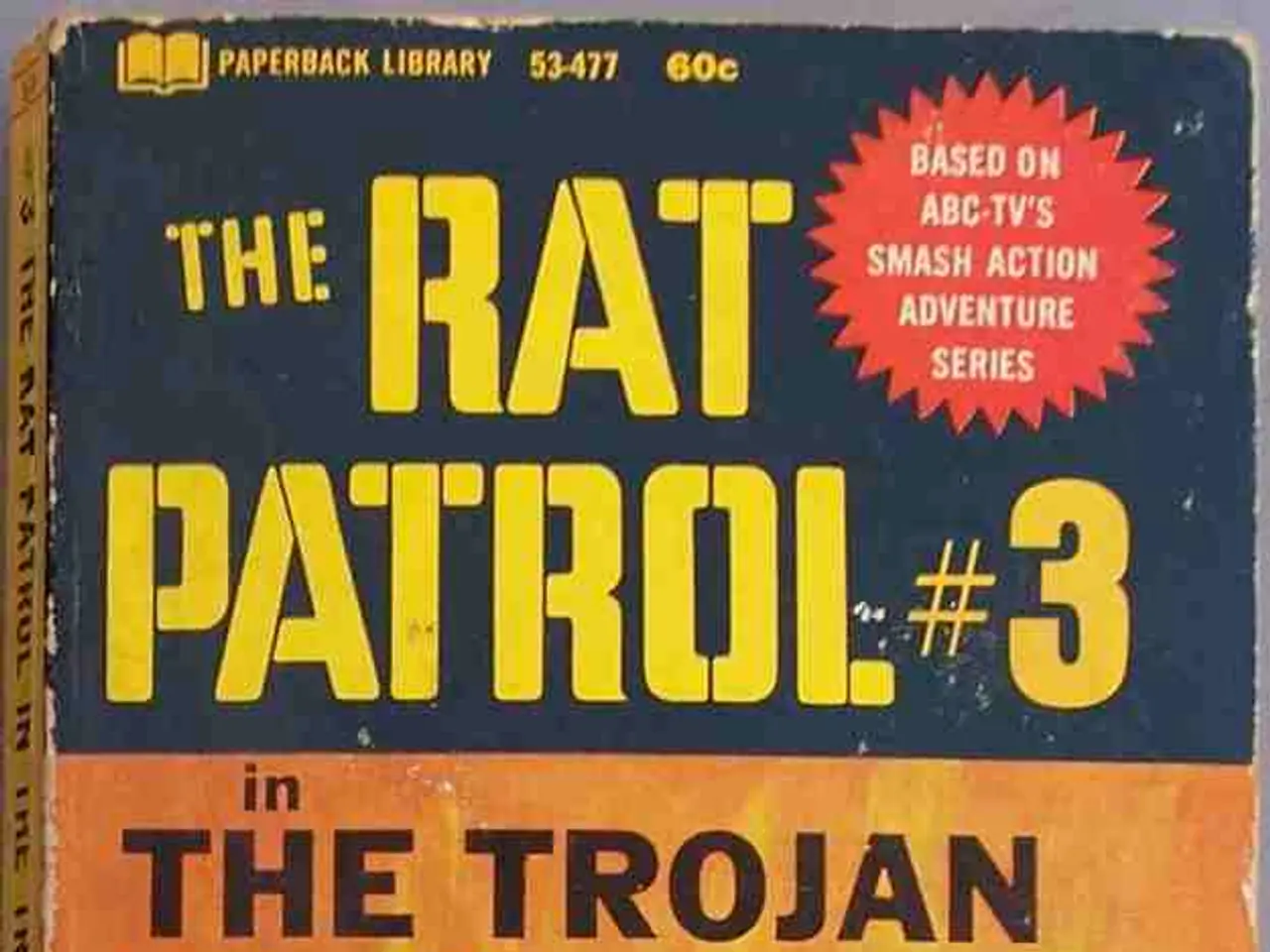Terrorist militants responsible for the Pahalgam tourist massacre in Kashmir have been reportedly eliminated by Indian authorities.
In the heart of India's Kashmir region, a significant operation named Operation Mahadev was carried out near Srinagar, marking a crucial victory in the ongoing battle against terrorism. The joint operation, led by India's security forces, resulted in the elimination of three Pakistani militants with ties to the Lashkar-e-Taiba-linked group, The Resistance Front (TRF).
These militants were identified as Pakistani nationals, and their identities were verified using various means, including Pakistani ID cards, recovered weapons matched via ballistics tests, and local witnesses who had previously supplied them with food and shelter. Among those killed was Hashim Musa, aka Suleman Shah, believed to be the mastermind behind the Pahalgam attack that occurred on April 22.
The Pahalgam attack, which resulted in the deaths of 25 Hindu tourists and one local resident, drew strong international backlash from the EU, Israel, the United States, and others. The attack nearly sparked a broader conflict between India and Pakistan, triggering one of the most serious military confrontations in decades.
Over a four-day crisis, both sides exchanged air strikes, missiles, and drone attacks. However, a U.S.-brokered ceasefire was accepted by both India and Pakistan in May to end the standoff. Cross-border diplomatic tensions with Pakistan remain high amid accusations and denials from both sides.
Pakistan has categorically denied involvement and called India's claims "fabricated." Yet, India insists on maintaining that any resolution must remain bilateral, rejecting foreign mediation. Prime Minister Narendra Modi lauded Operation Mahadev as a crucial victory in combating terrorism, describing the eliminated militants as "cowardly terrorists."
India's security agencies continue to track down additional militants and dismantle the network behind the massacre. Investigation into possible local collaborators is ongoing. The eradication of the entire terror network remains a pressing concern for the victims' families, who demand its complete elimination.
The Resistance Front (TRF) is an active militant proxy organization for Lashkar-e-Taiba, used to conduct attacks and insurgency in Jammu and Kashmir, especially when LeT aims to maintain plausible deniability. The TRF operates as a cover organization linked to LeT and is involved in recruitment, infiltration, smuggling weapons, and conducting guerrilla attacks in Jammu and Kashmir.
As the dust settles from Operation Mahadev, the focus shifts towards maintaining peace and security in the region, while ensuring that the perpetrators of such heinous acts are brought to justice. The operation serves as a reminder of the continued need for vigilance and determination in the fight against terrorism.
Politicians and international organizations are closely monitoring the series of events following Operation Mahadev, as India's Prime Minister Narendra Modi reaffirms his commitment to pursuing justice for the victims of the Pahalgam attack. Amidst calls for accountability, India's government is taking steps to apprehend additional militants connected to The Resistance Front (TRF), a militant proxy organization with ties to Lashkar-e-Taiba, involved in crimes and general news related to terrorism and war-and-conflicts. The violent acts of these groups have sparked discussions about crime-and-justice and politics in India and beyond, as the investigation into potential local collaborators continues. In the face of these challenges, efforts to ensure food security and promote peace within the region will remain of paramount importance.







